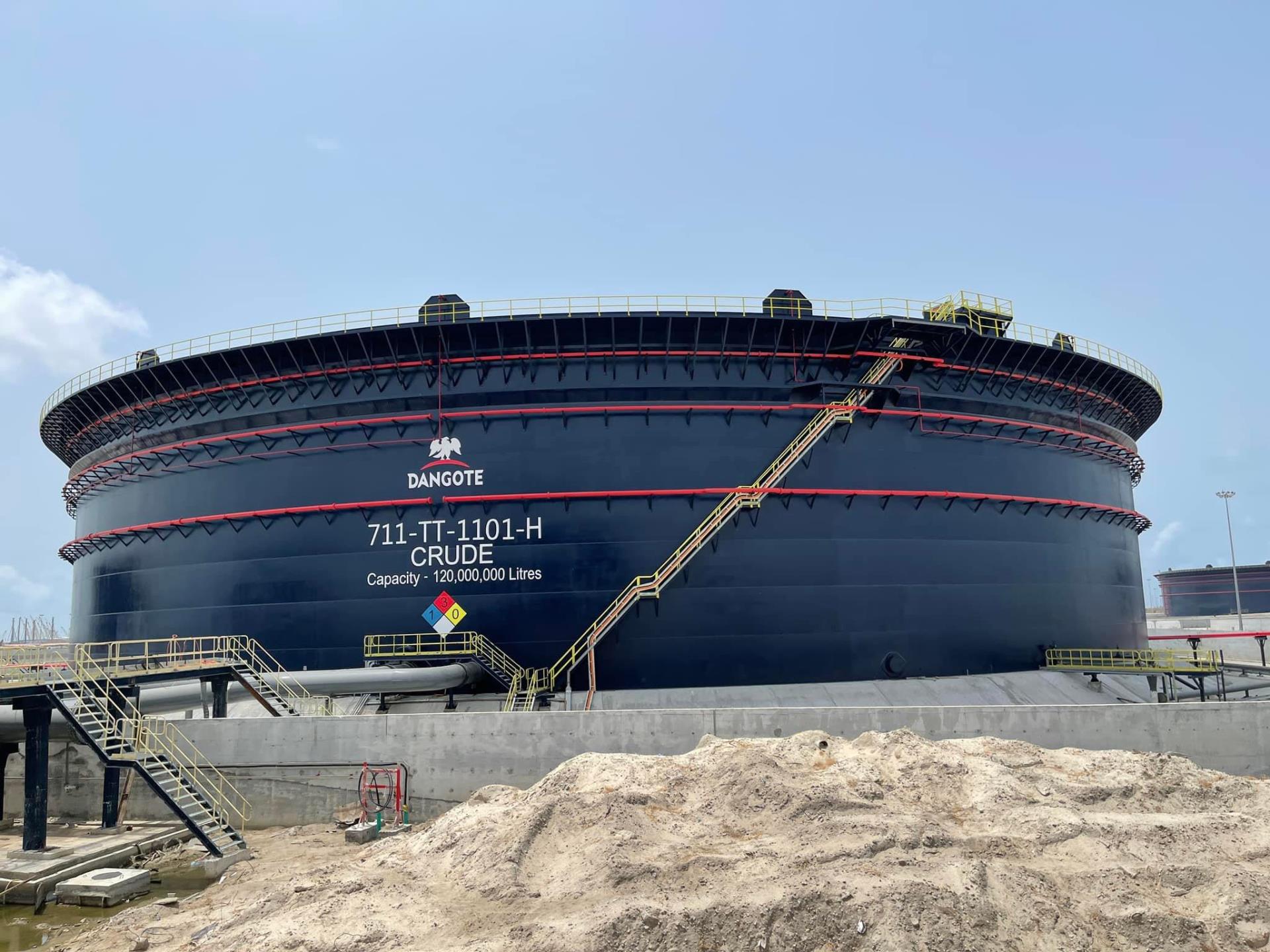The Federal Government has authorized petroleum marketers to lift petrol directly from the Dangote Refinery, bypassing the Nigerian National Petroleum Company Limited (NNPCL).
This move signals a major shift toward deregulating Nigeria’s oil industry and creating a more competitive market for petroleum products.
In a statement released on Friday, Wale Edun, the Minister of Finance and Chairman of the Naira-crude Sale Implementation Committee, provided an update on the progress of the Crude Oil and Refined Products Sales in Naira initiative.
The committee’s second review meeting, held on October 10, assessed the impact of the new mechanism, which now allows marketers to negotiate directly with refineries, cutting out the NNPCL as the sole buyer.
“This marks a departure from the previous arrangement where NNPCL served as the sole purchaser and distributor of petrol from the refineries,” Edun said in the statement.
READ ALSO: Dangote refinery snubs local oil marketers
The new model, according to the committee, will enable marketers to negotiate commercial terms directly with refineries, fostering a competitive market environment and improving the efficiency of the petroleum supply chain.
The transition is a significant step in the Federal Government’s efforts to fully deregulate the oil sector.
Until recently, the NNPCL acted as the sole off-taker of petroleum from the Dangote Refinery, purchasing petrol at N898.78 per liter and selling it to marketers at N765.99 per liter, covering a subsidy of N133 per liter. However, NNPCL announced that this arrangement was no longer sustainable, leading to the shift in policy.
Following the commencement of production at the Dangote Refinery, the NNPCL retained control of petrol distribution, but this has now changed.
Under the new arrangement, marketers will deal directly with the Dangote Refinery and other local refineries, marking a key move toward market-determined pricing in Nigeria’s post-subsidy era.
Recent months have seen significant price hikes in petrol, with NNPCL increasing retail prices at its stations to over N1,000 per liter. In September, the price rose from N617 to over N900 per liter, while fuel queues became a common sight in major cities like Lagos, Abuja, and Ogun.
READ ALSO: Looming fuel crisis as IPMAN rejects NNPCL’s new ex-depot price
While the price increase has somewhat alleviated these queues, fuel shortages persist in several areas.
This policy shift comes as the government continues to adjust to a post-subsidy environment, aiming for a more sustainable and market-driven pricing system.
The new direct purchasing system is expected to not only increase competition but also streamline the distribution process, which could ultimately help reduce supply chain disruptions and stabilize fuel prices in the long term.
However, fuel queues and price hikes remain concerns for citizens as the industry adjusts to the new framework.

 Entertainment7 days ago
Entertainment7 days ago
 Business6 days ago
Business6 days ago
 Football1 week ago
Football1 week ago
 Business7 days ago
Business7 days ago
 Health7 days ago
Health7 days ago
 Crime1 week ago
Crime1 week ago
 Latest7 days ago
Latest7 days ago
 Entertainment7 days ago
Entertainment7 days ago

